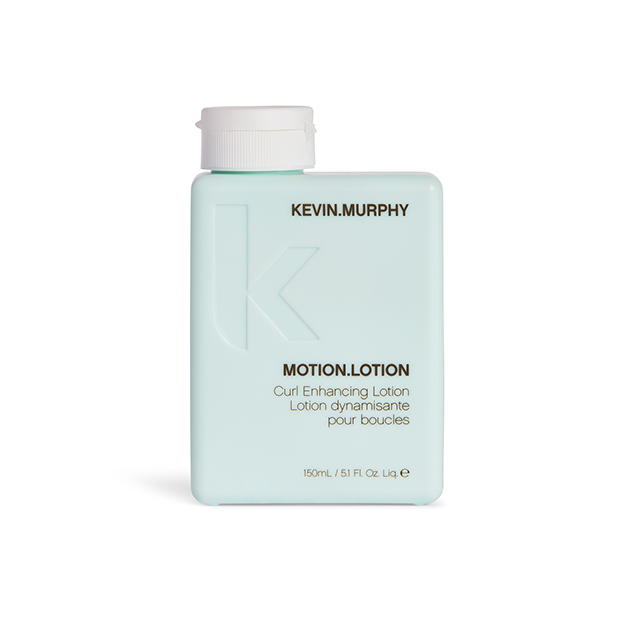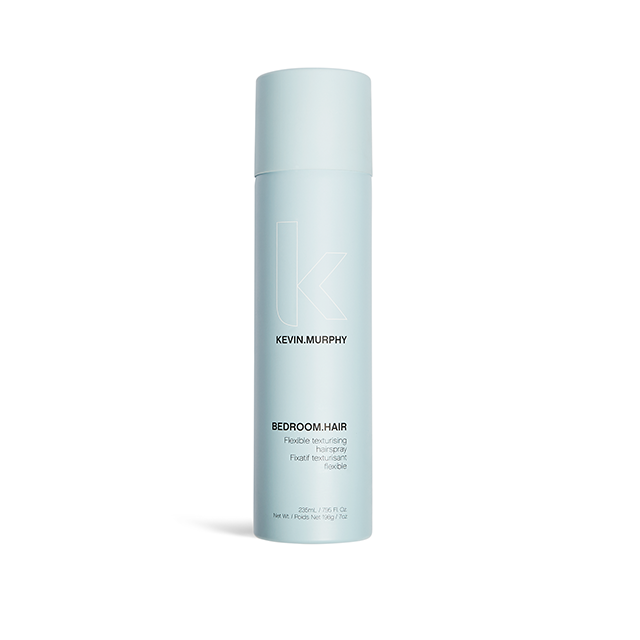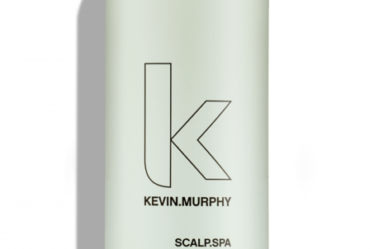
Routines have changed a great deal over the past few months as everyone took a break from putting outfits together, applying makeup or styling their hair. Due to this, new trends were bound to emerge. Now, the latest movement is all about embracing a less-is-more attitude when it comes to your hair, specifically your texture. What we’re all learning is that when it comes to creating a beautiful style, to enhance your texture pattern, you don’t need to do as much to it as you once thought.
Switch Up Your Go-To Haircut
Regular trims are essential to ensure healthy hair and a more manageable style, however, a new shape can help enhance texture patterns and cut down on the need for excess styling altogether. This isn’t to say that you’ll need to take inches off, but by adding layers and utilising texturisation techniques, your stylist can help shape your silhouette to enhance natural movement.
Learn To Air-Dry
By creating a new shape with your cut, you’ll also notice that your hair will air-dry with even less effort. Based on your curl pattern and texture type, by removing weight and paying attention to how patterns fall, you will have a much easier time styling your hair. In addition to this, by cutting down on heat styling, you’ll notice your hair will be more defined and less frizzy.
Apply Products Sparingly
The application of hair products is very similar to any skincare routine. From prep to finish, you’ll want to utilise the right products to get the job done without overly saturating the hair. If your hair is healthy, you’ll notice that you won’t need as many products to create your desired look.
Leave Your Hair Alone
You might be tempted to run your hands through your hair, but this can be detrimental to your finished look. Once hair is fully dry, use your fingers to pull texture apart to create airy texture and volume where needed, apply a texturising spray and then leave your hair alone. The more you touch it the more likely you are to cause frizz or loss of shape.




